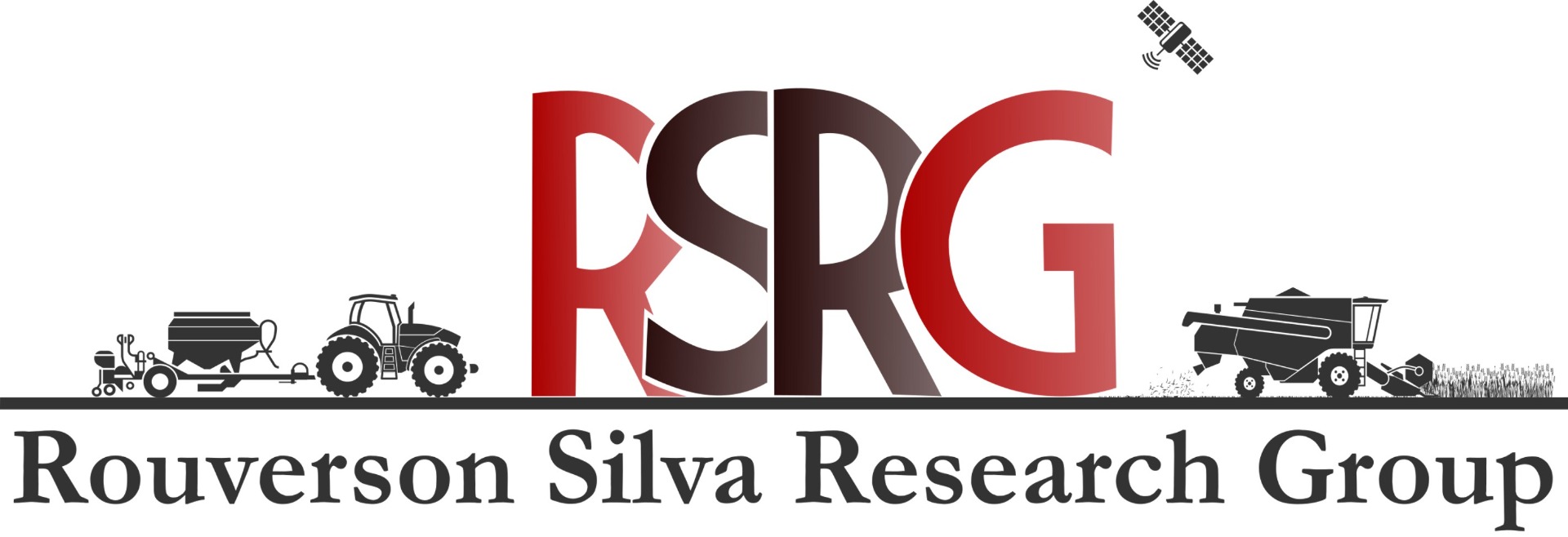Undergraduate Students
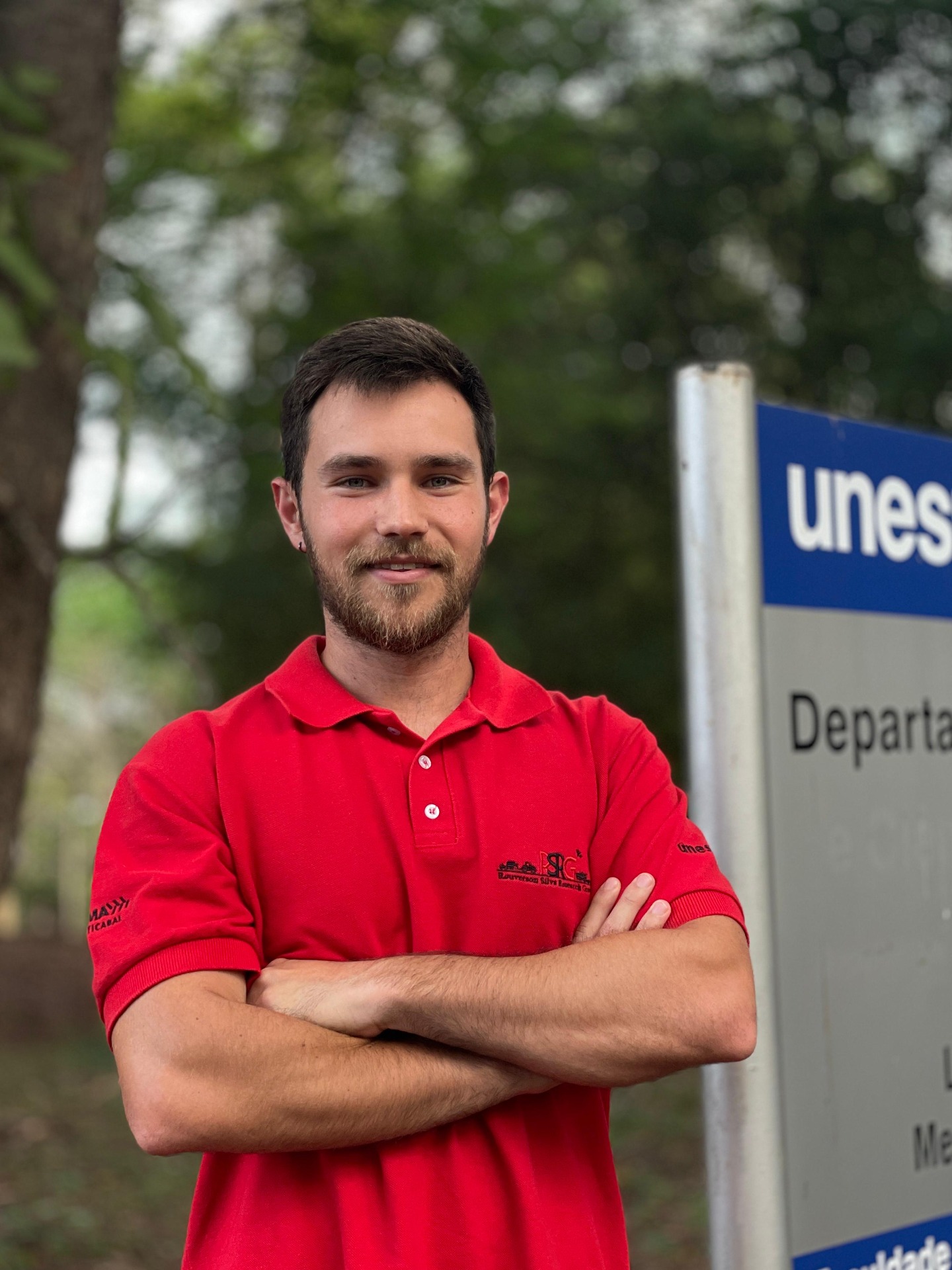
Bruno Ripa Baptista | ORCID | Linkedin | Curriculum
FAPESP Fellow
"Developing cutting-edge technologies to optimize crop monitoring and drive digital agriculture."
Project: High-Resolution Remote Sensing for Potato Crop Monitoring
Objective: to develop high-resolution remote sensing methods for monitoring potato crops. By integrating image processing and artificial intelligence, it seeks to estimate key production parameters, improve decision-making, and enhance crop quality and productivity.
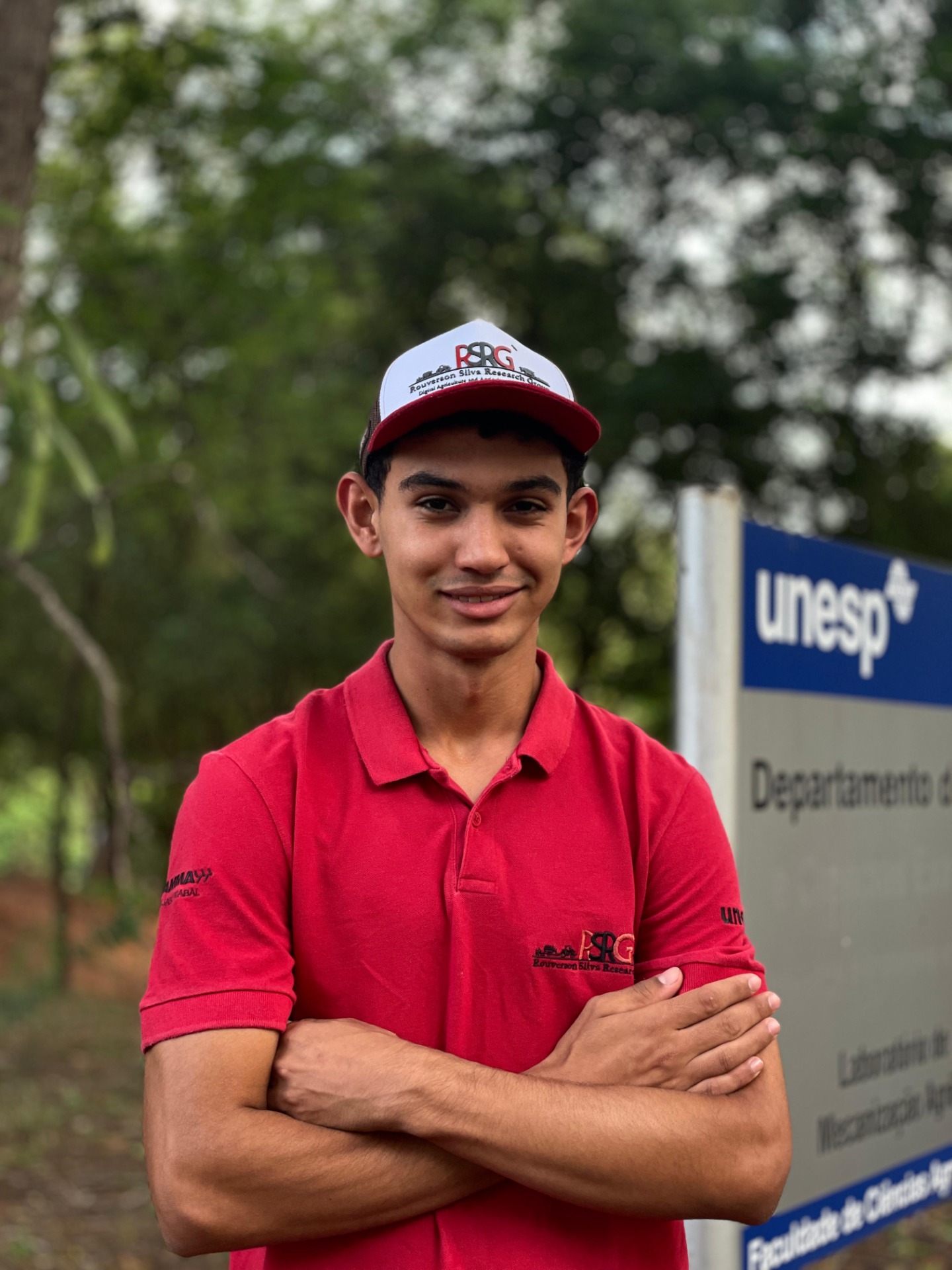
Felipe Zorzan Dos Santos
| ORCID | Linkedin | Curriculum
"From manual to digital: agile information for smarter farming."
Project: Generative artificial intelligence for automated consultation of agricultural machinery technical manuals
Objective: To develop a chatbot, structured with generative artificial intelligence and integrated with LLM and RAG techniques, in order to automate the extraction and interpretation of technical information from agricultural machinery manuals. The goal is to make this information more accessible, faster, and more accurate for consultation, supporting the optimization of equipment use.
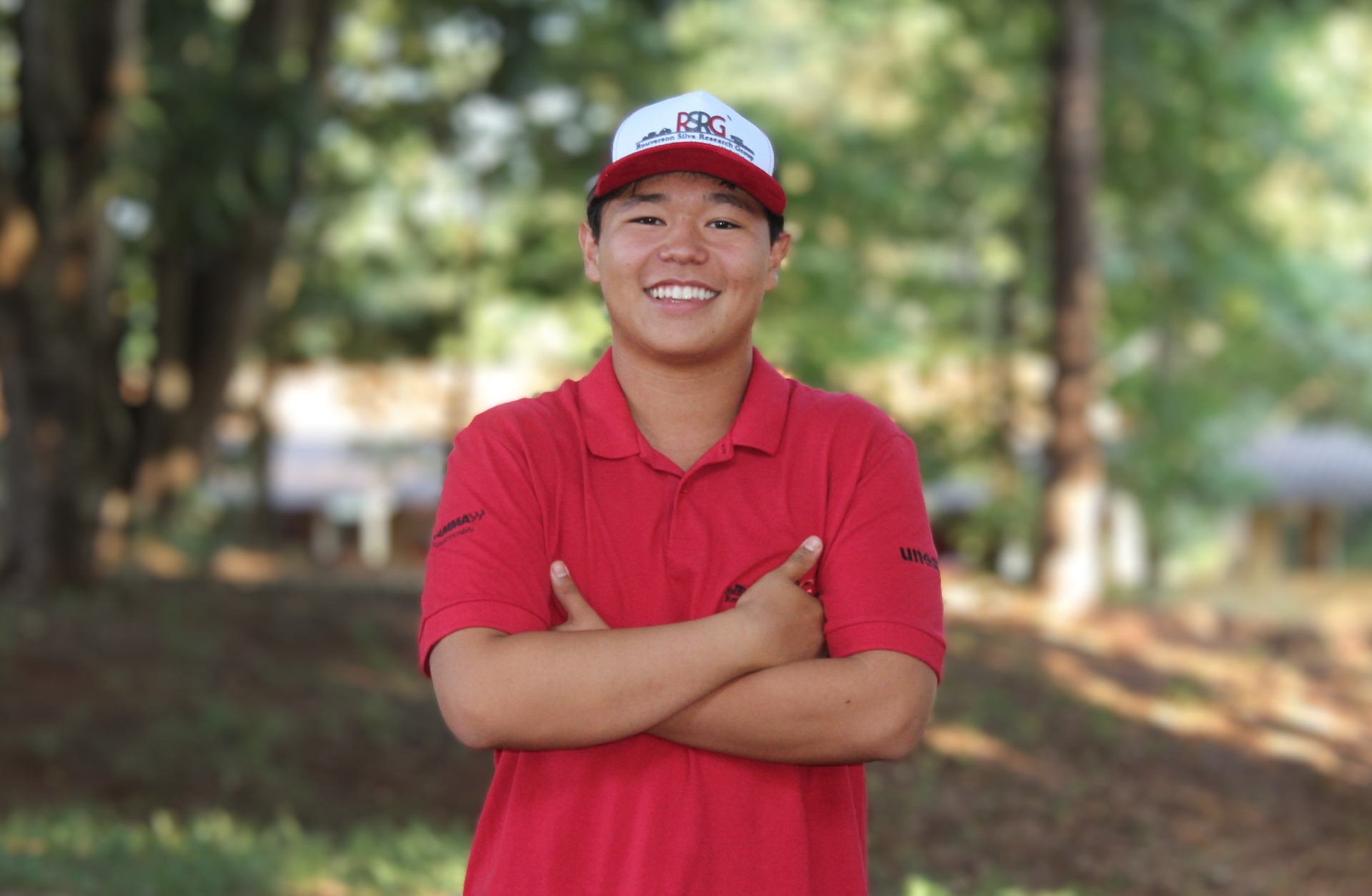
Gabriel Akio Hiraoka Dalmolin
| ORCID | Linkedin | Curriculum
"The future of harvesting is data-driven."
Project: Optimizing combine harvester settings with statistical Process Control for improved corn harvest quality
Objective: To identify combine harvester adjustments that provide a more efficient and stable maize harvesting process. By applying Statistical Process Control (SPC) and control charts, the project monitors operational quality, detects sources of variation, and recommends ideal forward and threshing speeds to minimize grain losses and ensure an efficient mechanized harvest.
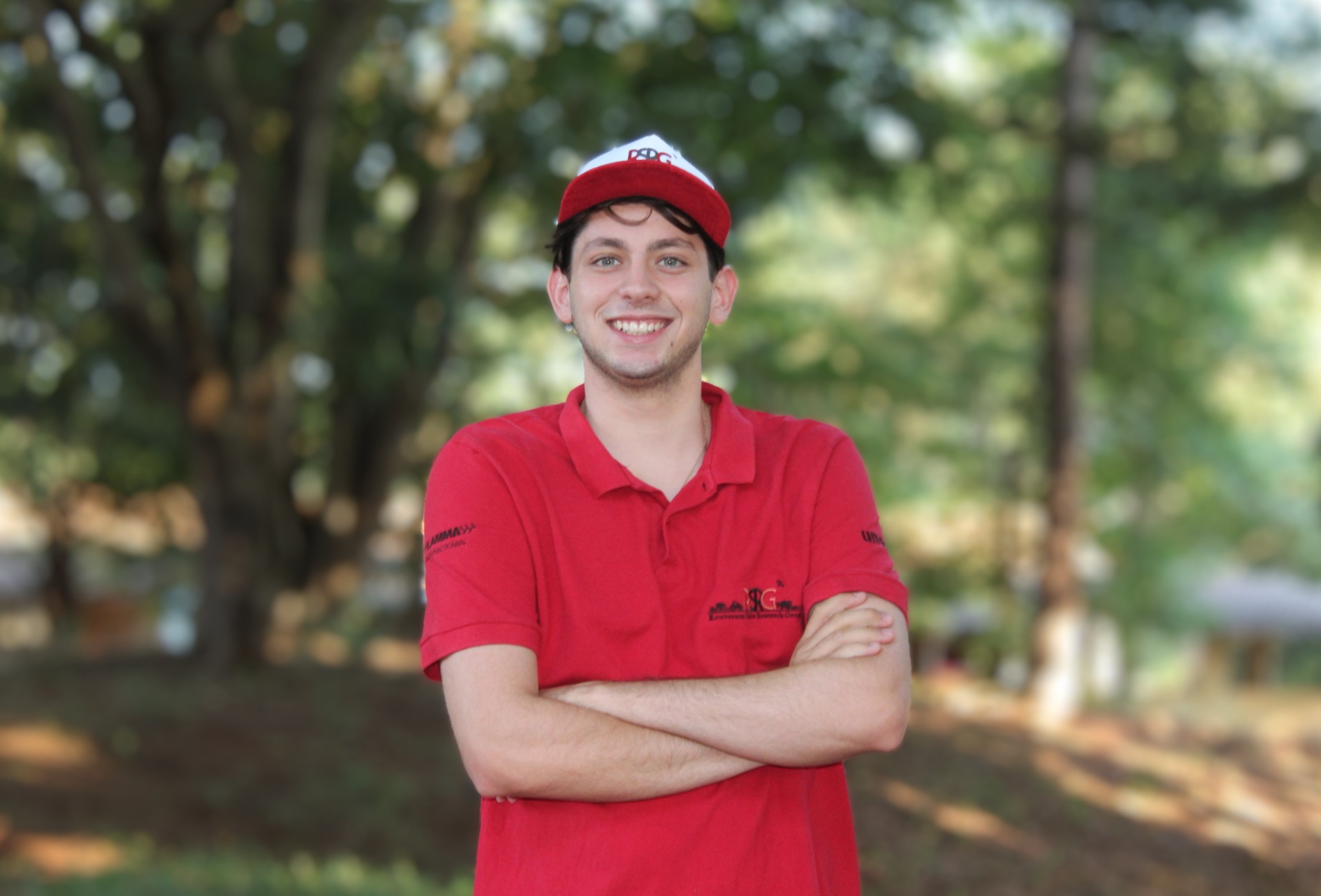
"Peanut harvest efficiency: less losses, more yield."
Project: Variability of Pod Detachment Force, Maturation, and Harvest Losses of Peanut
Objective: To evaluate pod maturation and detachment force in peanut cultivars, relating them to harvest losses through the quantification of losses during digging, determination of pod detachment force (PDF), and assessment of the pod maturity index (PMI).
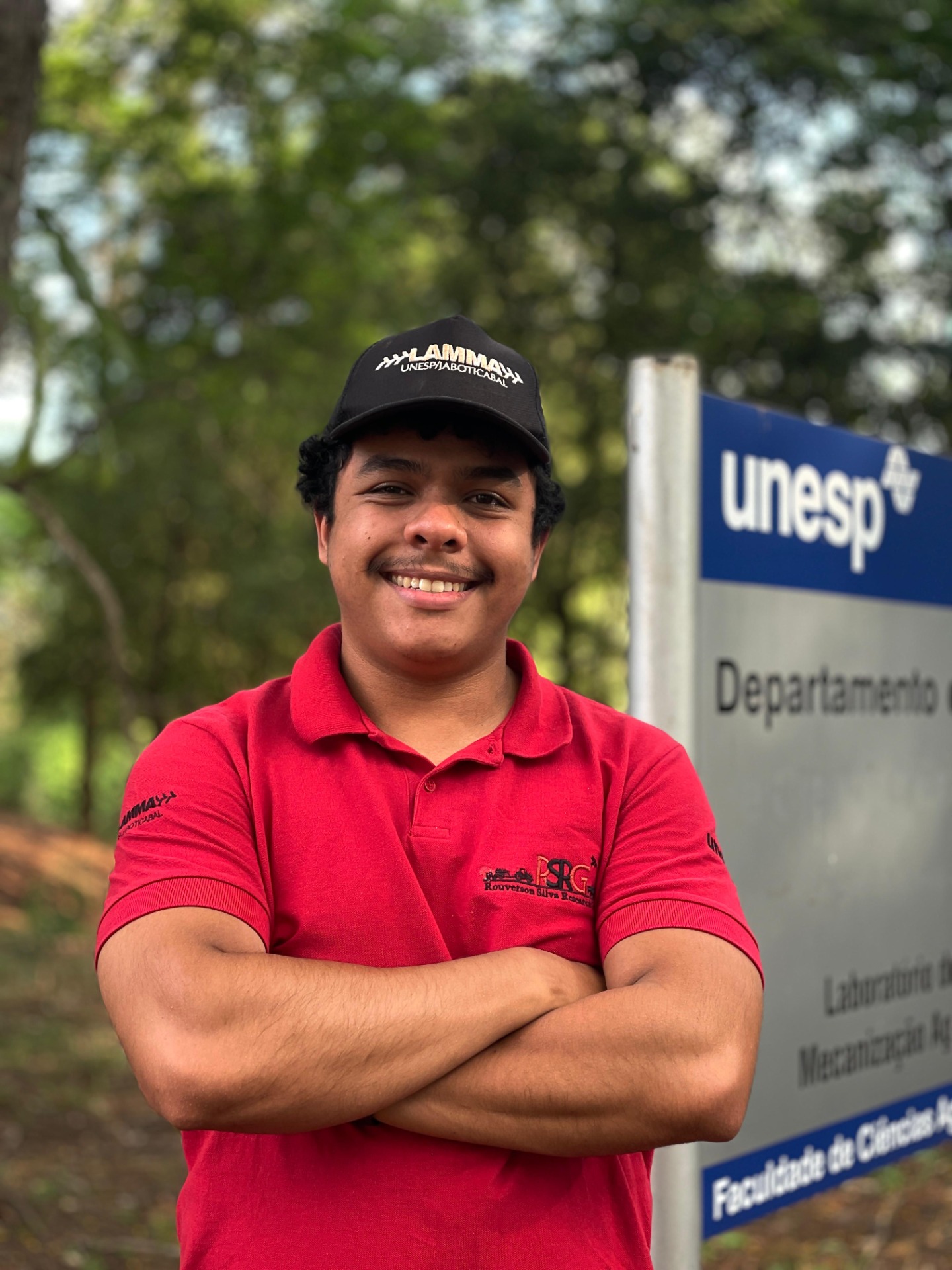
Gabriel Pereira Costa | ORCID | Linkedin | Curriculum
"From prediction to precision. Empowering peanut farming with technology."
Project: Application of Machine Learning algorithms and Remote Sensing in predicting peanut harvest losses
Objective: To develop a predictive model to estimate visible and invisible losses in peanut harvesting using machine learning algorithms. The project integrates remote sensing, soil, and topographic data to provide farmers with an advanced tool , aiming to optimize harvest management, increase productivity, and reduce economic losses.
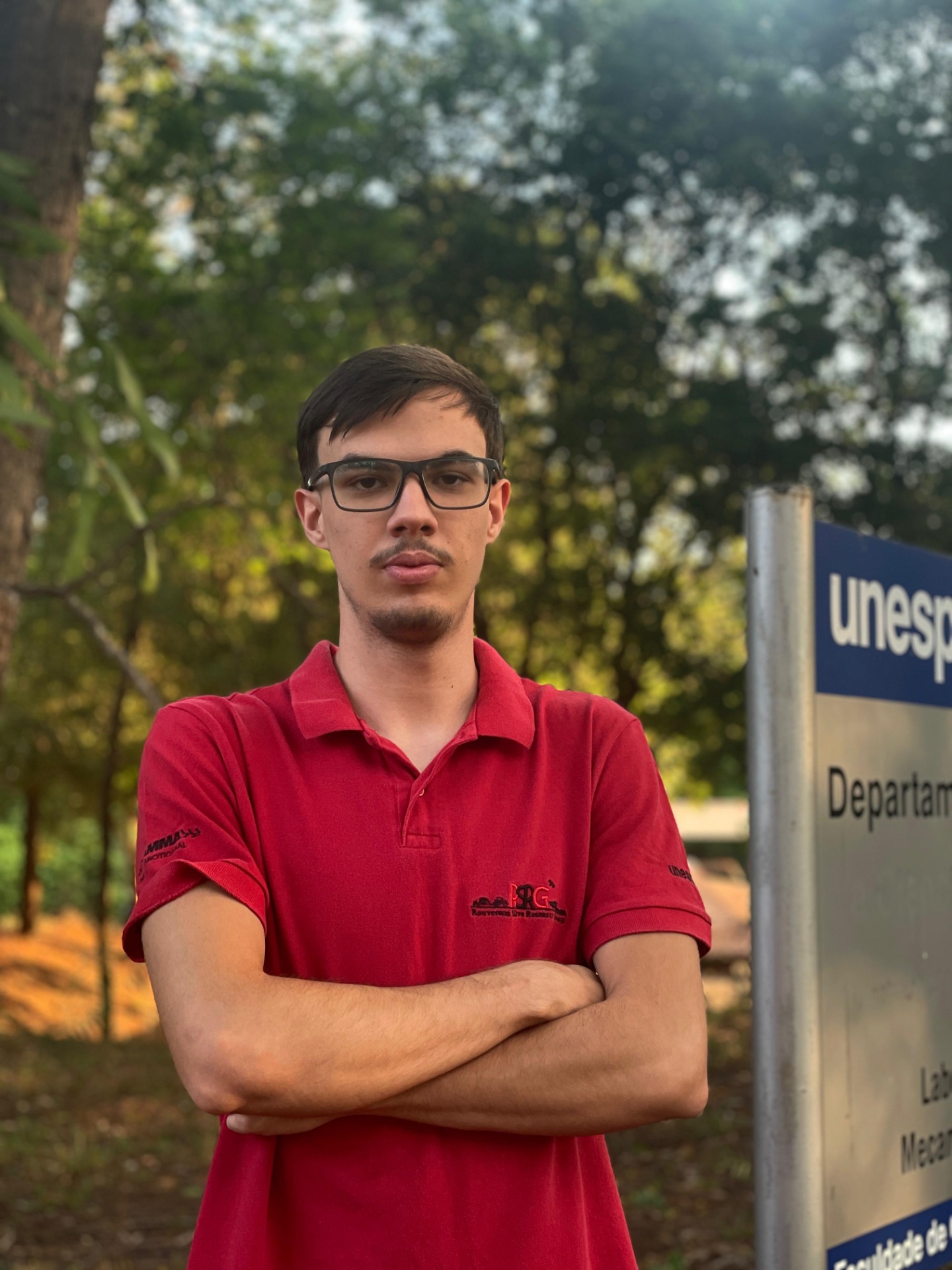
Gustavo Otaviano Pizetta | ORCID | Linkedin | Curriculum
"Deep Learning in agriculture: detecting problems, cultivating solutions."
Project: Use of imaging for detection and monitoring of weeds in runner-type peanut crop
Objective: To use Deep Learning algorithms, specifically Convolutional Neural Networks (CNNs), to detect Mucuna preta (Mucuna aterrima) and Brachiaria grass (Urochloa decumbens) in peanut fields. This approach serves as a tool for monitoring and site-specific control of these weed species.
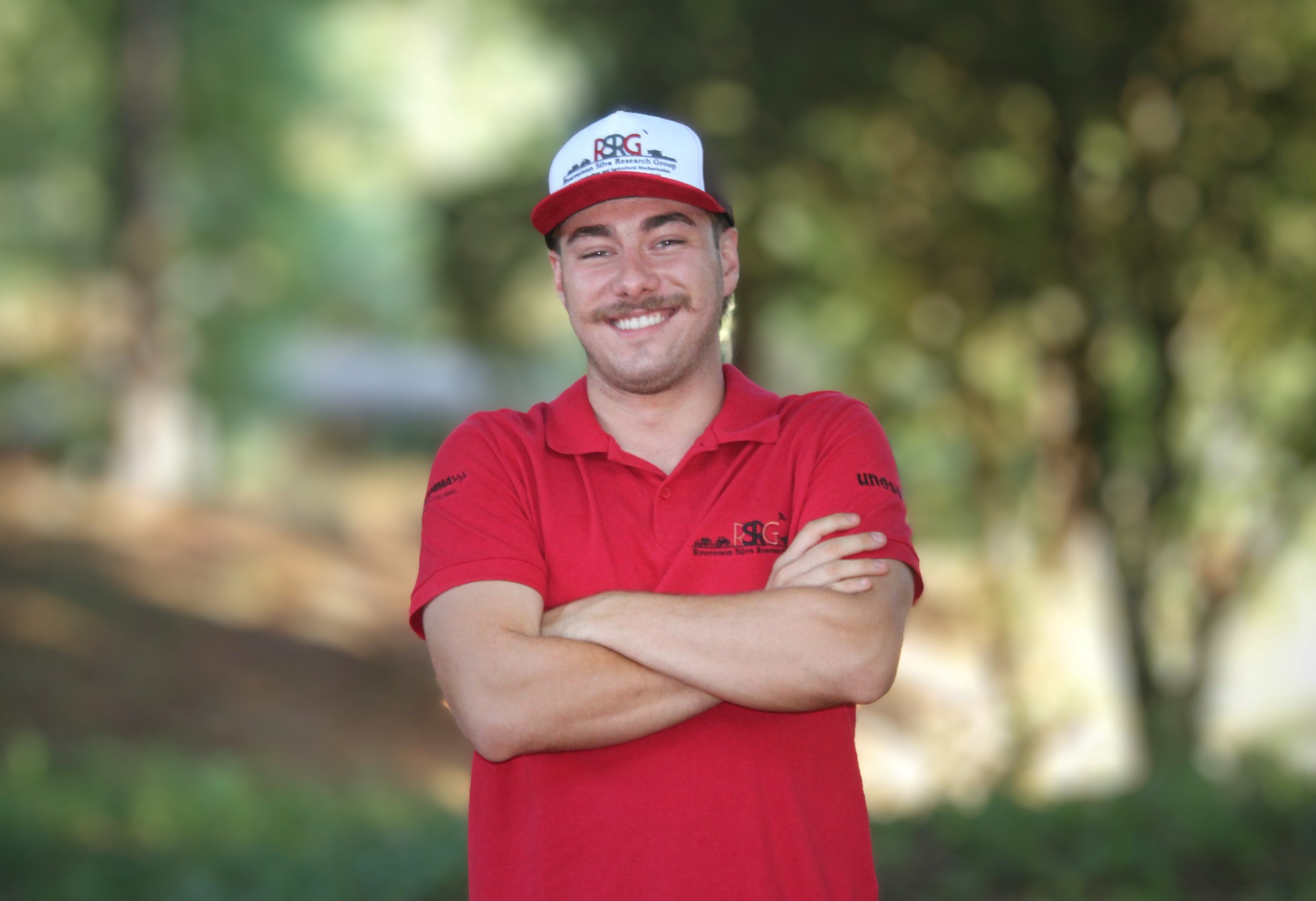
João Gabriel Querido Dias | ORCID | Linkedin | Curriculum
"Mapping the field, harvesting innovation."
Project: Minimizing errors in corn yield prediction using statistical analysis and Artificial Neural Networks
Objective: To enhance the accuracy of corn yield prediction by utilizing remote sensing and artificial neural networks. By applying statistical methods to handle data that do not follow a normal distribution, the study seeks to develop a more reliable model for crop forecasting—an essential tool for smart harvesting and agricultural planning.
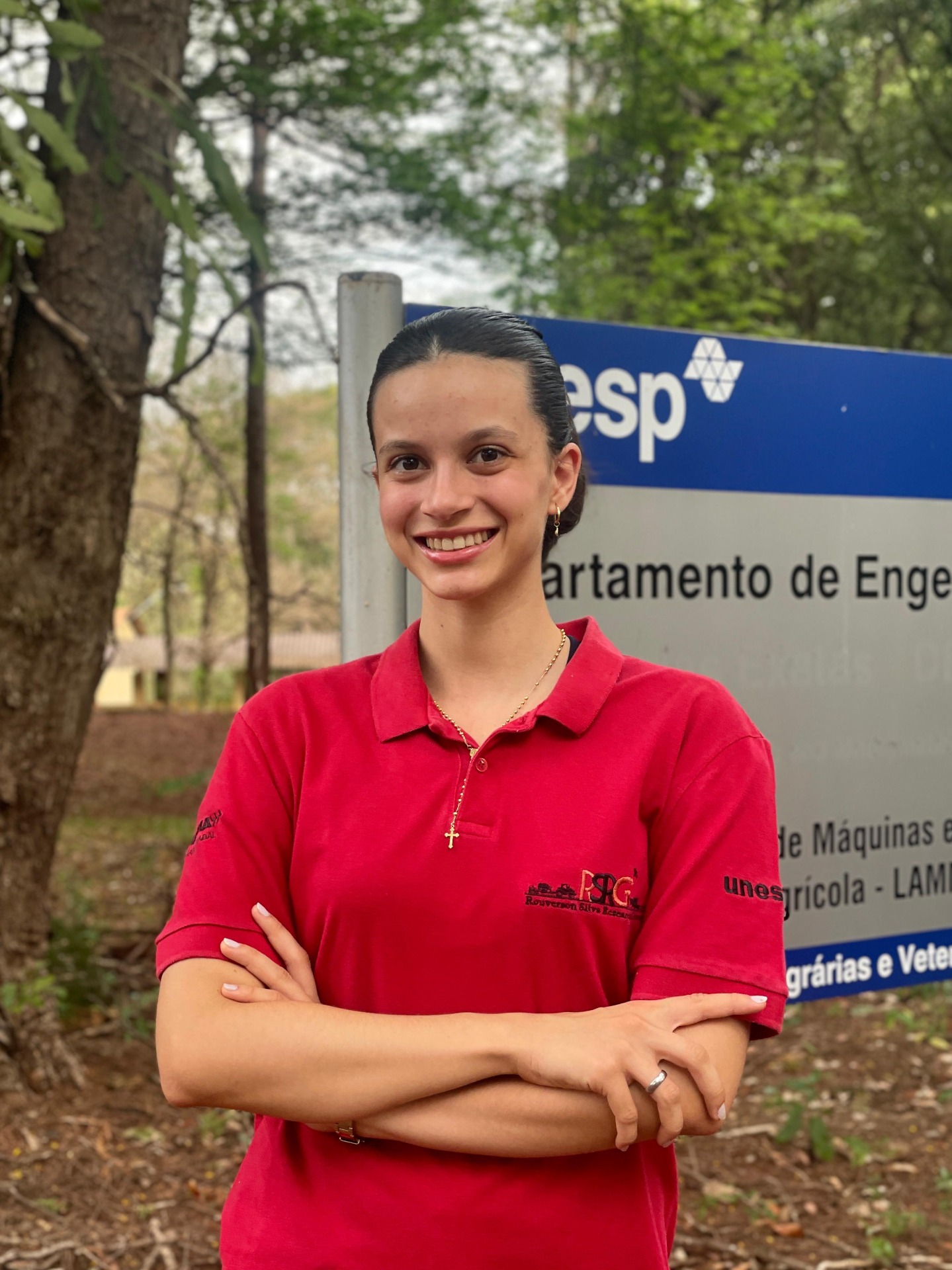
Natalia Acurcio Zimermam | ORCID | Linkedin | Curriculum
"Select the best, harvest success!"
Project: Spatial interpolation of coffee yield and maturation for economic return estimation
Objective: To evaluate the economic and agronomic benefits of selective cherry coffee harvesting in Catuaí IAC 62 plantations by analyzing fruit maturity, yield, and spatial variability. The project aims to develop strategies that enhance coffee quality and profitability through precision harvesting techniques.
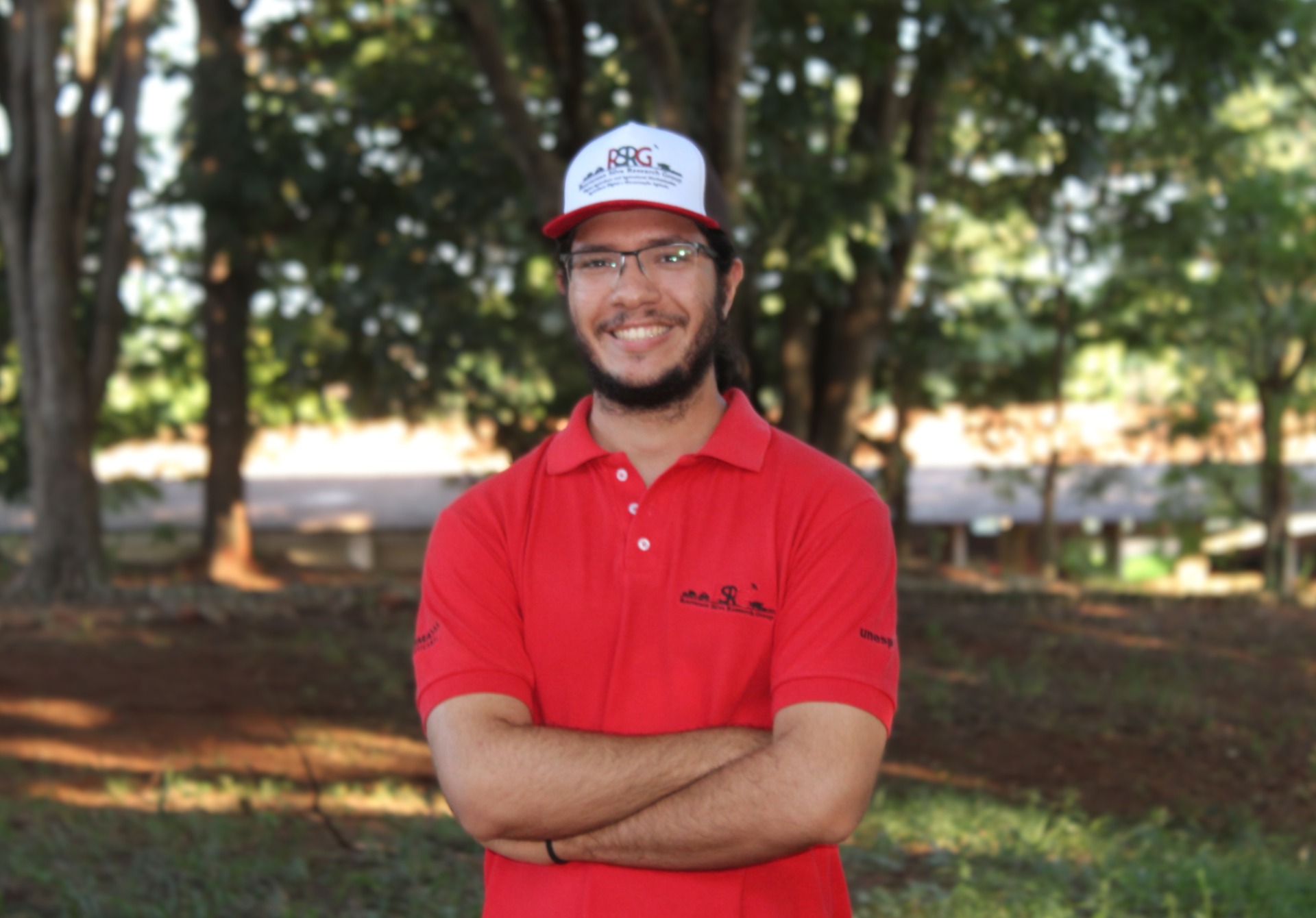
Rafael Henrique de Souza Silva | ORCID | Linkedin | Curriculum
FAPESP Fellow
"Each management practice is a choice for the future."
Project: CO₂ emissions in three soil tillage systems in peanut cultivation
Objective: To evaluate the effects of soil management on CO₂ emissions originating both from the soil and from tractor combustion under different tillage systems. The approach considers the influence of mechanization on agricultural sustainability, aiming to propose practices that reduce environmental impacts and preserve natural resources.
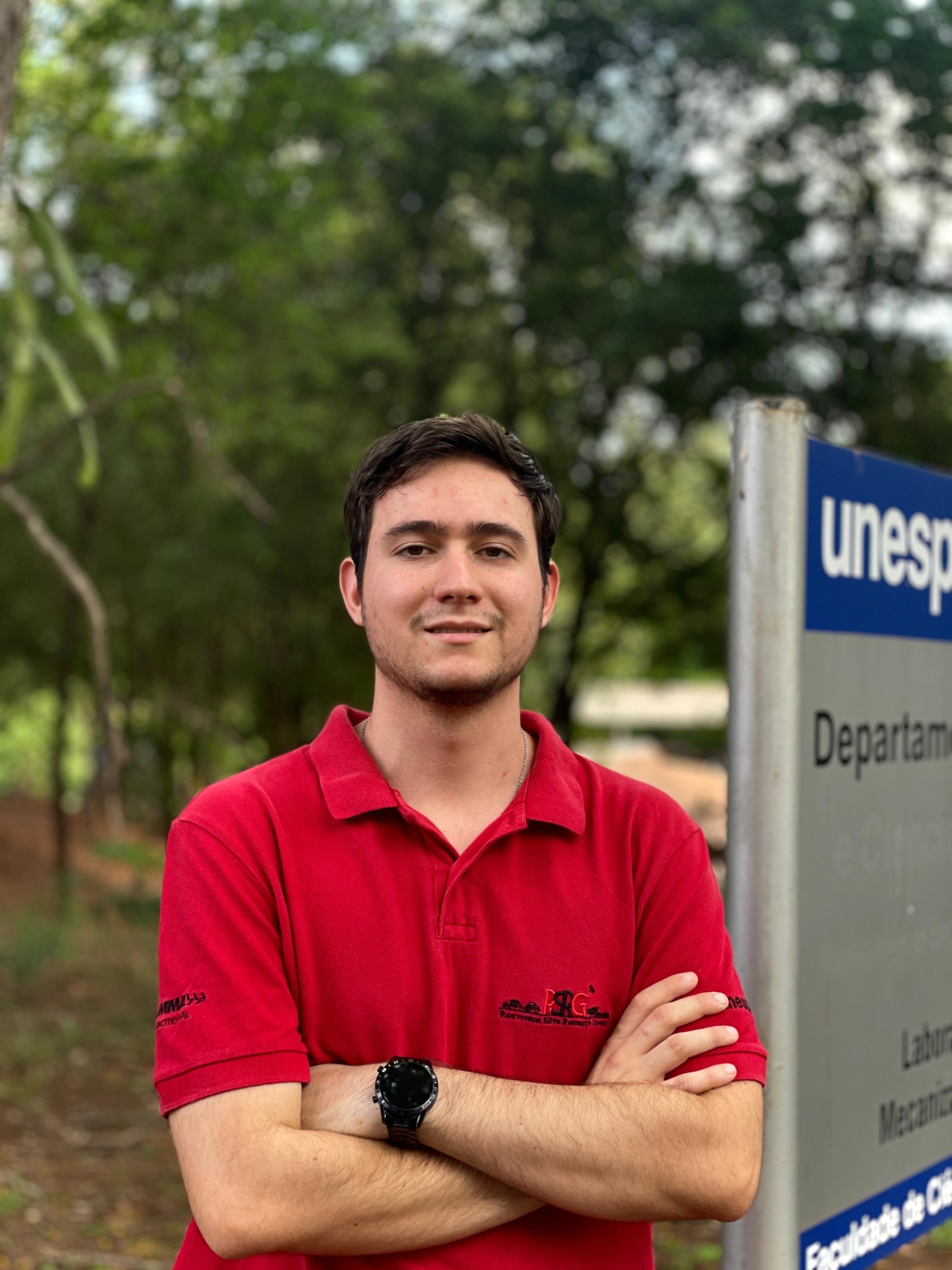
Rafael Javarotti Hass | ORCID | Linkedin | Curriculum
FAPESP Fellow
"Soil matters: reducing invisible losses for a smarter harvest."
Project: Impacts of soil mechanical resistance to penetration on losses from mechanized peanut digging
Objective: To verify the variability and the possible relationship between soil mechanical resistance to penetration, pod detachment force, and invisible losses during mechanized peanut digging.
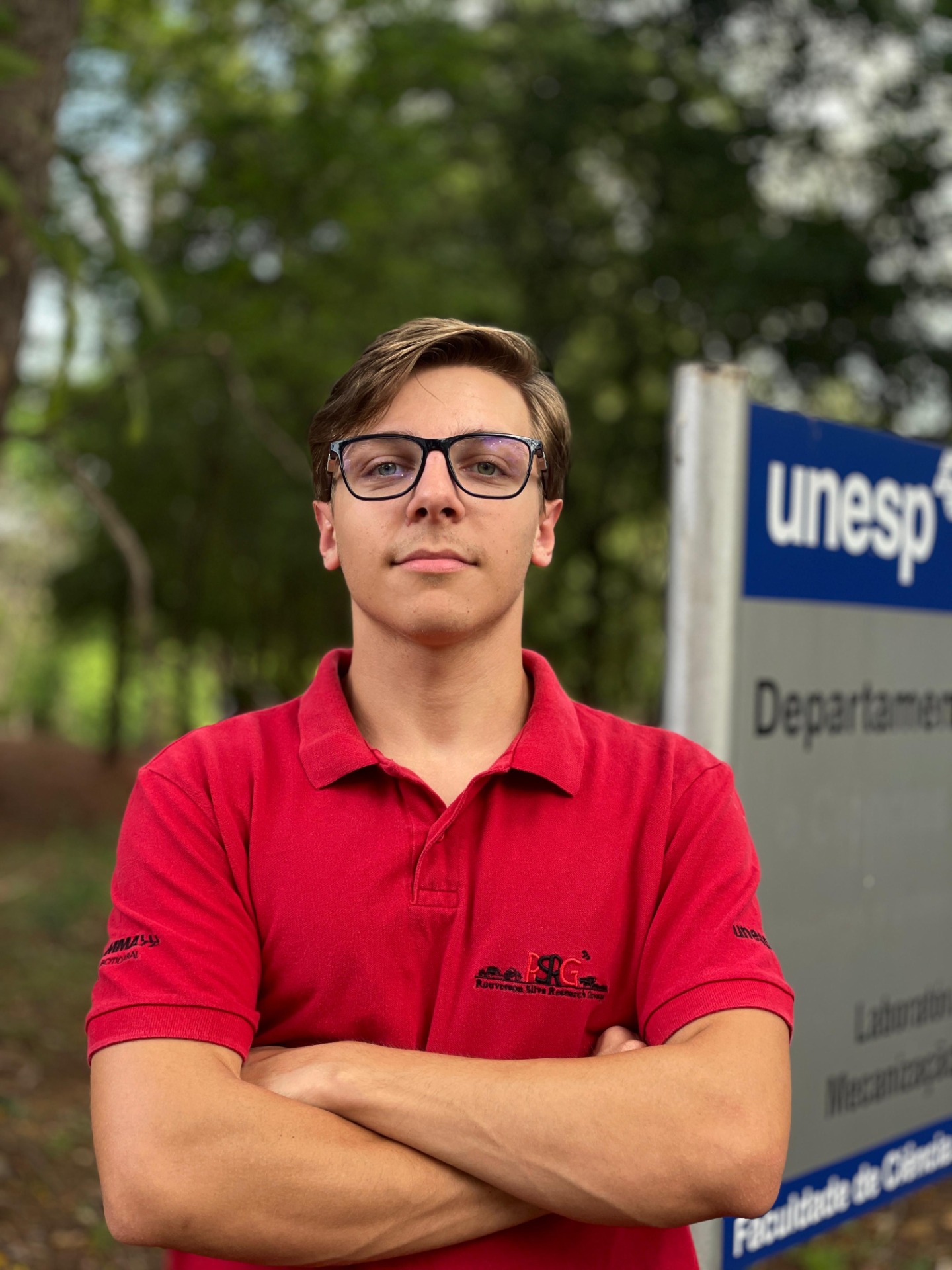
Ruan Capacle Mendes | ORCID | Linkedin | Curriculum
FAPESP Fellow
"Mapping the future of peanut cultivation: strategic agroclimatic zoning to safeguard yield in a changing climate"
Project: Climate risk modeling for peanut ultivation in São Paulo State under various climate change scenarios
Objective: To develop an agroclimatic zoning plan for the state of São Paulo to identify suitable zones for peanut cultivation based on temperature, water deficit, and slope.
